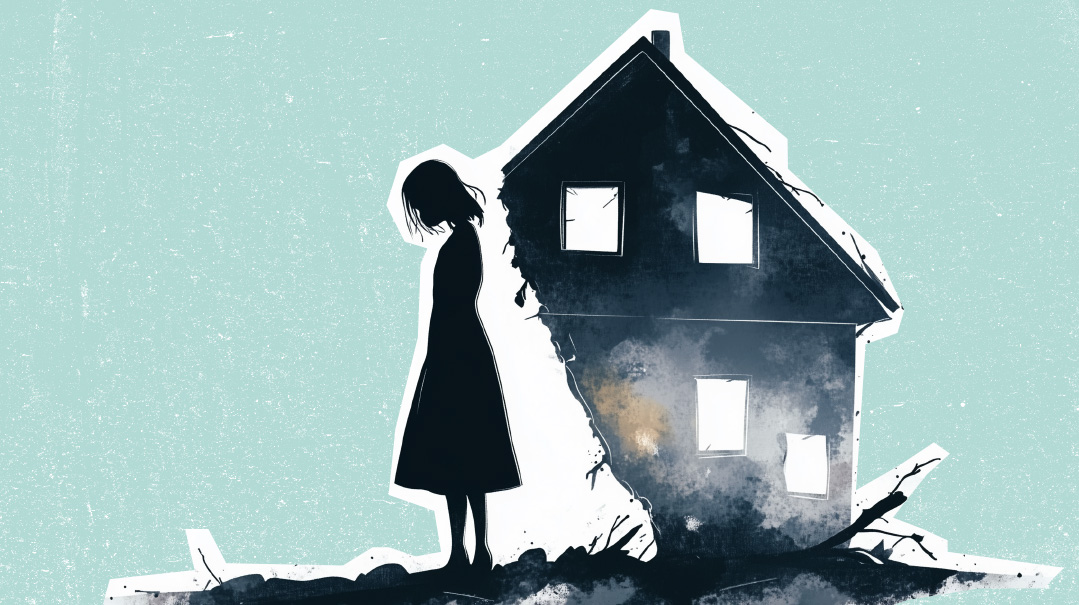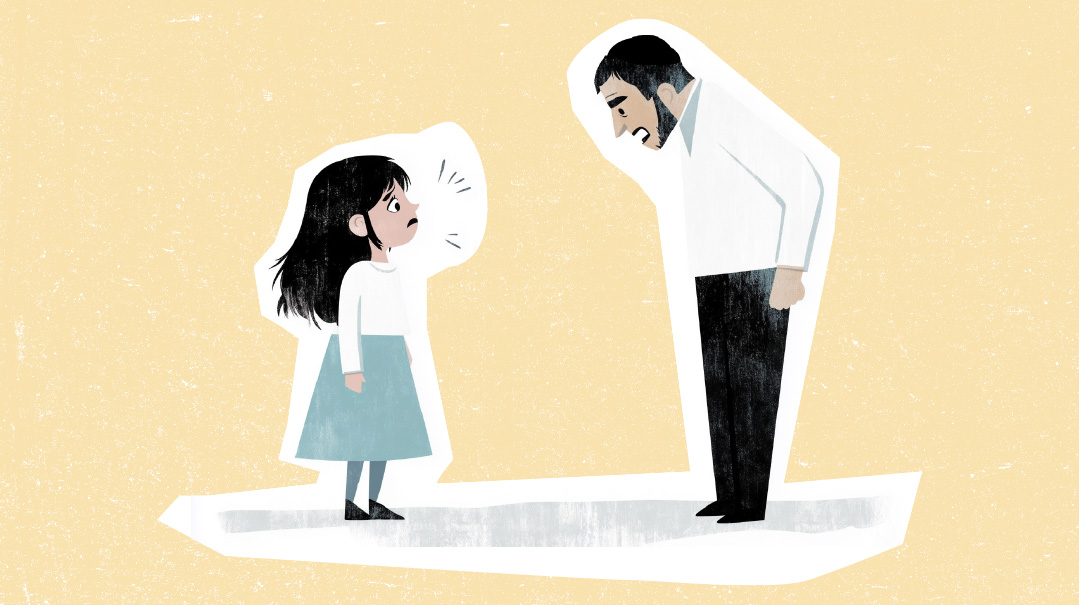Still Together

Isn’t marriage for life, even when you’re not happy?

Q:
My marriage has always been difficult. My husband has a lot of challenging traits. When I describe to my friends how he treats me, they tell me I don’t deserve this sort of treatment. They don’t understand why I’m still with him.
Sure, my husband and I don’t get along that well. But if I get rid of him, I lose all hope of ever coming close to him (who says it can never get better?), and I’d lose my total quality of life.
Do my friends actually believe that I’m going to be so much happier without my husband, and that living alone the rest of my life is worth it? I actually don’t want to be a divorcée! I also believe marriage is for life, even if you’re not so happy together.
When my friends encourage me to get divorced, I feel ashamed of myself. Why do I put up with my husband? Am I pathetic and weak?
A:
Some marriages are easy — two mature, healthy individuals make a life together based on caring, cooperation, respect, responsibility, and kindness. They negotiate differences, work out compromises, find quick ways to bounce back from misunderstandings and mistakes and accept each other’s shortcomings with patience, forgiveness, and tolerance.
Nonetheless, even an “easy” marriage is never perfectly easy, just as an “easy” life is still challenging and sometimes extremely difficult.
Most marriages, in any event, don’t fall into the “easy” category. They’re more of a mixed bag. There are ups and downs of every kind: peaceful, happy periods, and times of angry conflict; loving, connected moments, and moments filled with rage, hurt, confusion, and despair. The marital team functions — they build a family, run a home, sustain themselves materially and spiritually — but not always smoothly or completely successfully. The average marriage is messy. Again, like life itself, it’s filled with contradictions: high hopes, shattered dreams, fulfillment, strife, satisfaction, joy, loss, disappointment, and grief.
And then there are the difficult unions. These experience higher levels of discord and/or more chronic distance or indifference. In other cases, a lack of responsibility, sensitivity, or mutuality may result in severe imbalances in the relationship. Sometimes there are personality issues or conditions that impact the marriage in intensely negative ways. Whatever the underlying causes, there will be more pain and less support, more friction and less emotional intimacy.
Difficult marriages, nonetheless, are marriages: homes among the homes of our people.
Unfortunately, there are marriages that just can’t be sustained. This is recognized by Jewish law. If a person feels they’re in this situation, they should get rabbinic direction. However, we know that the 60 percent divorce rate of secular marriages simply points to a misunderstanding of what normal marriage is all about.
Jewish marriage celebrates the idea of love as much as anyone else, but recognizes that this attribute is only one of the possible perks of married life. There are many others, each of which varies in importance according to the individual. Some enjoy the basic companionship, safety, assistance, and financial support that living with another adult may yield. Many people enjoy the opportunity to co-parent with a spouse who lives with their children in the same home during all of the developmental years. Some just value fitting into the community as an intact normal family while others value the extended family relationships that whole-family living provides.
This woman’s friends aren’t the only ones who consider the marital relationship itself as the only important factor — it’s a very common and natural error. Best practice is to let every person assess their own situation, personal values and priorities; recommending divorce to someone is a weighty responsibility with serious ramifications. It’s easy to influence a person who is in an emotional and vulnerable state and therefore we need to exercise caution. Listen and refer may be the most helpful and safest option.
(Originally featured in Family First, Issue 936)
Oops! We could not locate your form.




